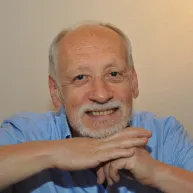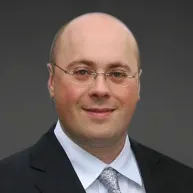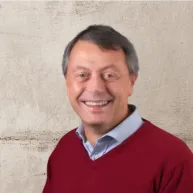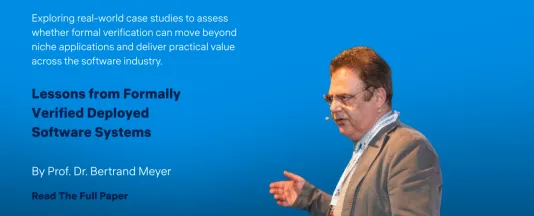

Research at Constructor Institute of Technology
Research at Constructor Institute of Technology- Relevance: we work on topics of direct interest to industry.
- Timeliness: our research is at the leading edge of international research.
- Excellence: we apply the highest standards and publish in top-level journals and conferences.
- Integration with education: we always seek to integrate the best research results into our educational programs and provide students with opportunities to participate in research projects.

The initial focus of Constructor Institute of Technology research has been on topics in software engineering. Most processes in today’s world rely on software systems and tools, some of extraordinary complexity. Making these systems correctly is a major challenge. Constructor Institute of Technology research covers techniques of advanced software testing, mechanized mathematical proofs of software correctness, software engineering of quantum and Artificial Intelligence systems, software techniques for embedded systems and Smart Cities, self-healing, and self-adaptive systems and many more described in the pages of the research chairs. In the coming years, new topics will be added, particular in the area of quantum software engineering.










